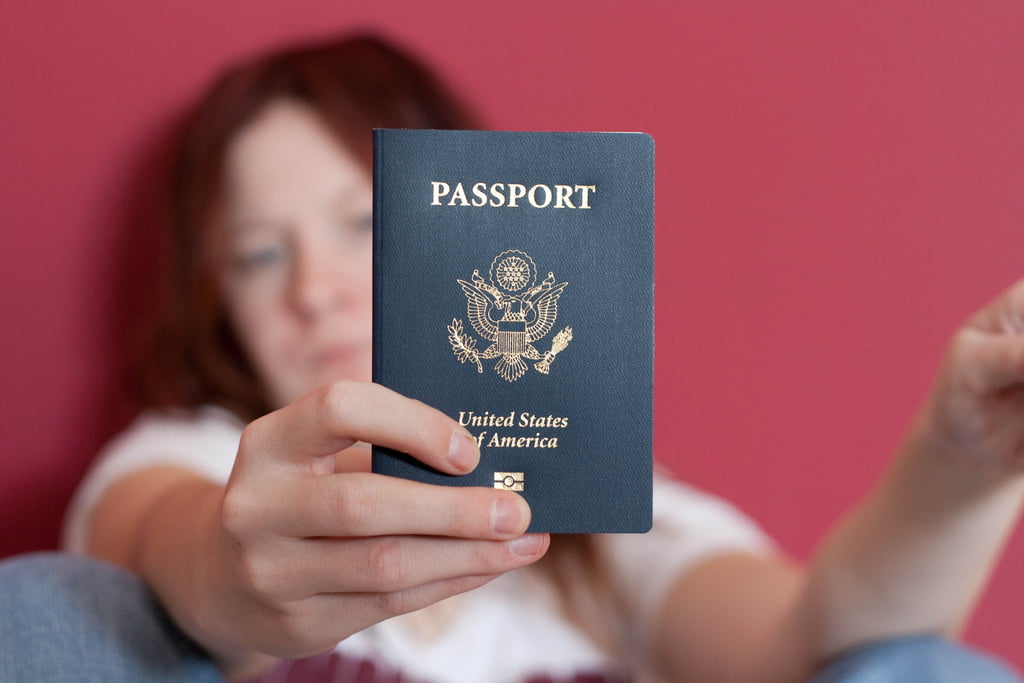 As the Trump administration vacated the office for President Joe Biden, many are curious as to how immigration policy will shift with the change of leadership. Some reflect on the myriad of changes that took place with immigration alongside the global pandemic in 2020 and look to 2021 with hope for changes that benefit immigrants.
As the Trump administration vacated the office for President Joe Biden, many are curious as to how immigration policy will shift with the change of leadership. Some reflect on the myriad of changes that took place with immigration alongside the global pandemic in 2020 and look to 2021 with hope for changes that benefit immigrants.
Many immigration professionals say that more immigrants have applied to become U.S. citizens since the Trump administration took office. Some argue that this is due to the president’s anti-immigration policies slowly shutting down legal avenues. However, even if more people applied for U.S. citizenship in 2020, they were met by a difficult process with ever-increasing processing times, higher application fees, and some of the most intense vetting processes yet. Many of these obstacles will undoubtedly continue into 2021.
Now, immigration policy experts are beginning to look at contemporary policies and anticipate how they will extend into 2021. With new policies and the presence of the COVID-19 pandemic, experts are now preparing for the hurdles immigrants may have to combat to apply and receive U.S. citizenship in the new year.
New Testing Procedures
For the first time since 2008, U.S. Citizenship and Immigration Services (USCIS) updated their naturalization civics test. While USCIS announced their intent to revise the civics test in July 2019, the agency wanted to revise the test in 2020 as part of a decennial immigration policy update. This test is typically taken by U.S. citizenship applicants to assess their understanding of U.S. history and government.
What was once 100 questions is now 128, and what was once an oral interview of 10 questions with a minimum of six correct will now be an oral interview of 20 questions with a required minimum of 12 correct. Coming into effect Dec. 1, 2020, this new citizenship test has been noted by many to be more difficult, complex, and unjustified. There are also longer wait times associated with naturalization tests, with some waiting years to reach this step.
“The newer version of the naturalization test expands the topics and questions a person will have to know, which can be difficult for a person already struggling with the things they need to keep track of in the immigration process,” said attorney Jim Hacking from Hacking Immigration Law, LLC. “The increased number of questions, both written and oral, means that a person will have to spend even more time, and possibly money, for a chance at naturalization – something harder to do today than ever before.”
The increased testing protocols by USCIS work in tandem with the more restrictive immigration policies established by the Trump administration. One such examples of this would be the creation of the denaturalization section under the Department of Justice to find and lawfully punish any person who unlawfully obtained citizenship status under fraudulent pretenses. While USCIS and the Department of Justice believe these steps are necessary to combat issues in the citizenship process, many see this as yet another way to limit opportunities for naturalization.
Increased Costs for Immigration Process
Many immigration lawyers have also noted that it is more expensive than ever to pursue U.S. citizenship. Fees for online naturalization applications have increased from $330 in 2006 to $1,160 beginning in Oct. 2020 (the fee increase never actually went through but the fees have been increasing continuously over the last 10-20 years so I may change to just mention a significant increase in the last decade or so) , at which point USCIS removed many of the fee waiving opportunities once used for those unable to afford the cost of the application.
Furthermore, the COVID-19 pandemic has generated a significant backlog of naturalization cases, increasing the overall costs for individuals looking to become citizens. In March, more than 700,000 naturalization applicants were waiting for their case to be heard. USCIS has carried out almost 110,000 naturalizations this year, leading many to believe the backlog created by the coronavirus pandemic to have lasting impacts on the speed of the process overall.
Looking to Immigration Policy in 2021
Immigration has continued to experience unfavorable policies and increased hostility, with many professionals wondering how the trend could shift with a more liberal administration in the next few months. Regardless of administrative influence, it appears that the immigration and naturalization process for those seeking a life in the U.S. has increased in difficulty – with many of the major stressors like more difficult testing and more expensive fees looking to continue into 2021. As the backlog of naturalization applications increases from the coronavirus pandemic, and many pursuing citizenship or immigration face anti-immigration policies, it appears that 2021 will continue to be difficult for those looking to immigrate to the U.S. But, one must not give up. Perhaps this new administration will be a beacon of hope compared to the last 4 years.





